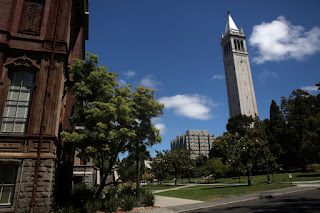The rift in Sedigora began two years ago, and is now entering a new phase:
Rebitzin Sara Friedman, the widow of the Rebbe Israel Moshe Friedman, filed an objection to the Registrar of Inheritance against the appointment of her son as the sole heir to the Sadigere dynasty.
• According to her, the son took advantage of the father's medical condition
• On the agenda: the role of the spiritual leader and assets worth millions of shekels
She filed an objection to the will that established her youngest son as the heir of her late husband Israel Moshe Friedman, the Rebbe of Sdigora
This rift of more than two years has agitated Sdigora Hassidism and the entire ultra-Orthodox Hasidic world, with assets at stake worth hundreds of millions of shekels.
According to Rebitzin Friedman, the documents that crowned her youngest son YitzhakYehoshua Hashil as the Rebbe of Hasidism was signed by her husband while he was in a very serious medical condition, where his younger son and his associates were using severe pressure and threats.
It should be noted that Yitzhak Yehoshua Hashil was 24 years old when he was "appointed" to the position of Rebbe, and overtook his brothers who are about 15 years older than him
Rabbi Israel Moshe Friedman z"l served as the rebbe of the Sedigura Chassidim community for about seven years when he became sick with pancreatic cancer
When the father passed away, his wife announced that her husband's wish was for the three respective sons to serve as rebbes. The family's children signed the agreement, but the youngest son and his chassidim relied on the will which clearly stated that he would serve as the sole and only rebbe
The Rebitzin, who for the past two and a half years remained silent, decided to present her version of the events that has divided the community, stunned the ultra-Orthodox sector, and even led to actual violent incidents
According to her, during her husband's illness, and in particular in the last year of his life, moves were made by those who wanted the "twirp" to be rebbe, to change the accepted practice in Hasidic courts, in which the eldest son fills the father's place in the leadership of Hasidism















